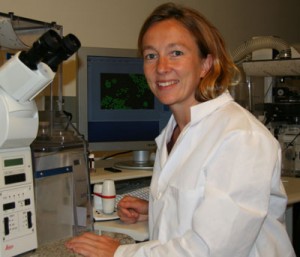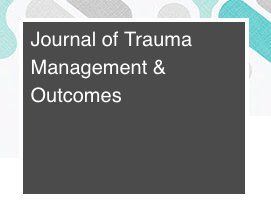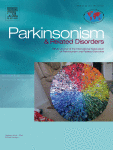The author of a paper whose retraction notice says it was pulled at the behest of a company now says that wasn’t the case.
It’s a bit difficult to get this story straight: Although the retraction notice says a company complained the 2006 paper was “giving business inputs to their competitors,” the corresponding author told us no one asked him to retract the paper. Instead, he said, he was concerned about the inclusion of plant materials that belong to a previous employer, and did a “poor job” of explaining the reason for retraction. But since the results of the paper remain valid, Santosh Rajput — now a plant breeder at Dryland Genetics LLC in Ames, Iowa — told us he regrets asking to retract it:






 A bone researcher in Japan has logged his sixth retraction, after acknowledging he duplicated substantial portions of a 2011 paper and added “honorary” co-authors.
A bone researcher in Japan has logged his sixth retraction, after acknowledging he duplicated substantial portions of a 2011 paper and added “honorary” co-authors.
